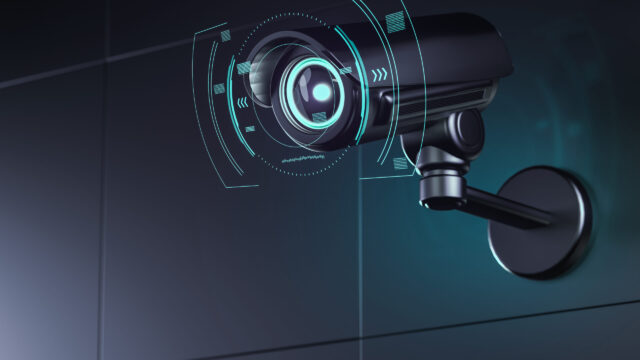Privacy in Public
Background
You have a right to go about your daily life without being surveilled.
Documents
Many technologies are used to track and monitor people in public. Both companies and the government are collecting a lot of data about people’s movements and habits in public. Privacy in public is essential to our 1st Amendment rights, personal safety, and to a democratic society. The dangers to privacy in public are many and include:
- Location Tracking: your cell phone, car, credit card, and more can create a record of your movements;
- Cameras: surveillance cameras, cell phone footage, drone footage and more;
- Automated License Plate Readers: cities and private citizens are setting up cameras to record travel by car;
- Social Media Monitoring: the internet is a public place, tracking social media activities is dangerous;
- Protest Surveillance: police use many of the above technologies to monitor protesters and silence speech.
Public Surveillance Technologies
Advanced surveillance technologies eliminate the “anonymity of the crowd”, an essential feature of public life. Here’s how they work.
Location Tracking is Like Being Followed Around 24/7
Both cellular service providers and apps collect records of cell phone locations. The government can access cell-tower records of one phone, or set up a “geo-fence” to see all the phones present in an area at a given time. Under current law long-term location tracking requires a warrant, but short term tracking may not. Governments or individuals can buy location histories from data brokers who use popular apps to secretly collect people’s locations for profit. Many other tools can also be exploited for location tracking including car GPS systems, credit cards, and fitness trackers. Wherever the data comes from, your location history can reveal a tremendous amount of your private life including your tastes, habits, and medical conditions.
Cameras increasingly record our movements in public
Cameras have become ubiquitous (e.g. CCTV, security cameras, phone cameras, etc.) and storage is cheap, which has resulted in more and more of our movements in public being captured and stored indefinitely. The problem has been magnified by facial recognition that can be used to identify and track people in public.
Automated License Plate Readers are Everywhere
In recent years cities, police departments, and even neighborhood watch groups have installed increasing numbers of cameras designed to capture license plates. These cameras can capture hundreds of images a minute. A network of license plate readers creates a massive database of people’s travel history. License plate readers are disproportionately used to surveil poor and minority communities.
Social Media Monitoring is Invasive
Social media monitoring tools are software packages used to analyze activity on websites and draw connections between people. These tools can identify a persons’ friends and family, even when they choose not to make that information public. Social media monitoring tools are good at identifying trends online but bad at sorting relevant information from irrelevant, putting innocent people under suspicion of wrongdoing.
Protest Surveillance is Undemocratic, and Unconstitutional
Police deploy a bevy of techniques, including facial recognition, social media monitoring, drones, and undercover operatives to monitor protesters engaging in First Amendment protected activity. The right to protest is vital for a democratic society. Protest surveillance can be a show of force that chills speech. It can also endanger activists by making them targets for over-policing and excessive force.
EPIC’s Work
EPIC advocates to increase public privacy and roll back the use of advanced surveillance technologies on the public. EPIC attorneys regularly comment on proposed expansions of surveillance technologies, submit amicus briefs highlighting the impact of these technologies, and urge lawmakers to protect public privacy.
Recent Documents on Privacy in Public
Top Updates
Resources
-
21st Century Policing: The RISE and REACH of Surveillance Technology
ACRE and The Hub | 2021
-
Automated License Plate Readers: State Statutes
National Conference of State Legislatures | 2021
-
You Are Now Remotely Controlled
Shoshana Zuboff | 2020
-
Social Media Monitoring
Faiza Patel et al. | 2020
-
What You Can Learn From Oakland’s Raw ALPR Data
EFF | 2015

Support Our Work
EPIC's work is funded by the support of individuals like you, who help us to continue to protect privacy, open government, and democratic values in the information age.
Donate